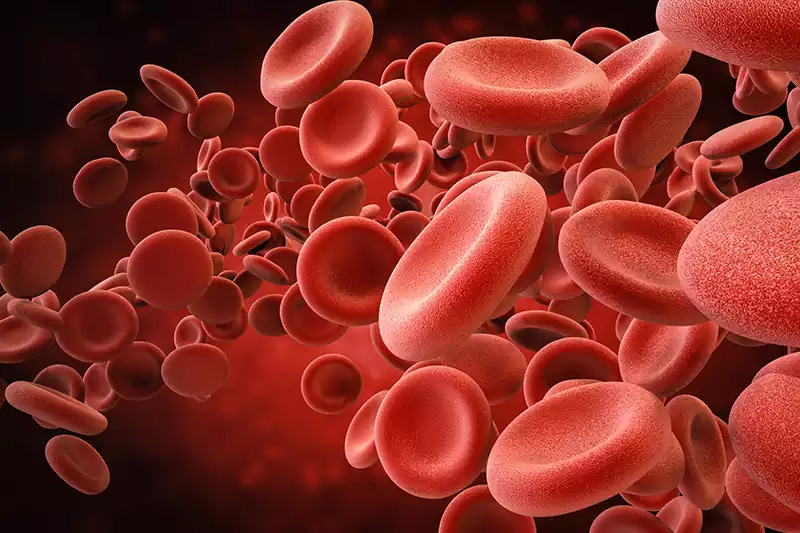Importance of Platelets
Platelets are the smallest of three major types of blood cells, including red and white blood cells. Platelets are found in the bone marrow, tiny, irregularly shaped platelets circulate in the bloodstream to help blood clot when wounded and prevent excessive bleeding. Low or high platelet counts indicate health problems that range from vitamin deficiency to severe medical conditions.
Importance
Platelets clot the blood when something goes wrong. In other words, platelets are clotting agents that thicken your blood. The purpose of this is to stop you from bleeding to death in the event of injury. When you get a cut or a big gash, these platelets automatically react to thicken your blood at the scene of the injury, clot your blood, and stop you from losing too much of it. Without blood platelets, humans would bleed and die. Healthy blood platelets begin to work as soon as the air reaches the wounded area.
Platelets Count
The total number of platelets in a person’s blood is significant. Having too few or too many platelets can be extremely dangerous. One might think that the more platelets you have, the better, but that’s not necessarily the case. Bigger isn’t always better. The average platelet count in the human body ranges from 150,000 to 450,000 platelets per microliter of blood.
If you have less than 50,000 platelets per microliter of blood, the risk of bleeding is much more serious; if you do not have enough platelets, they cannot do the proper job of plugging those leaks. Once the number reaches a particular low, they can no longer keep up, making even the smallest of cuts bleed quite severely. People with very low platelet counts are at risk of bleeding from cuts and injuries that would be at most minor in people with normal platelet counts.
People with a platelet count of 20,000 or less are known to bleed spontaneously. It could be from the mouth, eyes, ears, nose, other orifices, or even cuts that seem to have healed a long time ago. It can go the other way, too. Having too many platelets in your system can be just as dangerous, if not more dangerous. Some people have a platelet count of 500,000 to 1,000,000; 500,000 is not too bad, but more than that, increase the risk of your blood clotting inside your veins and arteries, causing blockages, strokes etc.
Platelet Functions
Platelets play a crucial role in the body in a healthy adult. It has a variety of functions, including;
Blood coagulation or blood clotting: Platelets, along with other clotting factors, perform the blood coagulation function. Clot retraction function: Clot retraction is the process by which the serum is oozed out of clotted blood. Platelets have a vital part to play in this process
Homeostasis: A process that involves balancing or stabilizing the internal body environment. Platelets is one of the many components needed to perform this function.
Defence mechanism: Platelet defence mechanism is the ability of platelets to perform a protective function in the body with the use of some crucial antibodies that are always present in platelets, such as macrophages that are a phagocytic cell.
Healing of damaged tissue: Platelets that are a component of blood are also an essential component in the repair of damaged or injured tissue. It is made possible by the adhesive properties of platelets.





